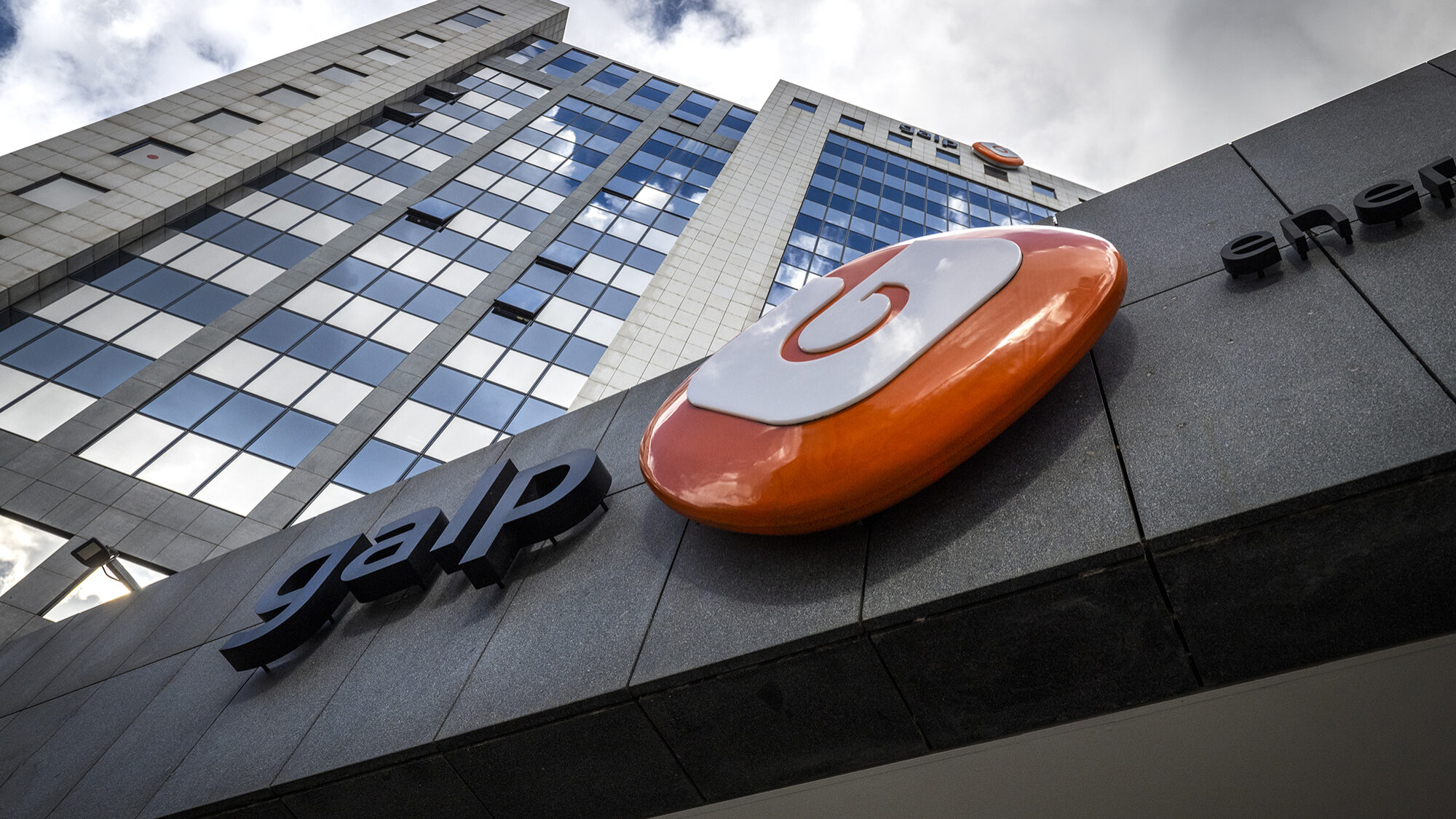Tax regime could hinder biofuels, green hydrogen projects in Sines, says Galp CEO
The oil company Galp reported a profit of €250 million in that period, up 62% from last year.
Galp’s CEO warned on Friday that the tax regime to which the company is subject in Portugal may be an obstacle to moving forward with large projects, such as those planned in Sines.
“As for the Sines project we are ready to move forward, […] but there are regulatory issues and also the tax regime that needs to be clarified. Galp has been taxed at 64% in Portugal, with this level of taxes the projects simply do not move forward, we need an environment that allows us to make decisions as important as these,” Filipe Silva said at a conference with financial analysts to present the first quarter results.
The oil company reported a profit of €250 million in that period, up 62% from last year.
Galp has presented two projects to produce advanced biofuels and green hydrogen in its refinery in Sines, worth €486 million, that are part of the plan to achieve carbon neutrality by 2050.
Asked about the business in Brazil, where the government decided to apply a temporary tax on oil exports in February, which is being challenged in court by a group of oil companies, including Galp, Filipe Silva said that Brazilian finance minister, Fernando Haddad, had guaranteed that the tax would be valid until the end of June.
According to the chief executive, the minister was told of the importance of “credibility” in a country that “needs to attract so much investment”.
Filipe Silva also said that China has become a major competitor in the fuel market, as it has increased imports of Russian raw materials since the beginning of the invasion of Ukraine.
“We see a significant amount of Russian raw material, even coming from countries that do not have sanctions, but that find a way to introduce molecules into our market,” Filipe Silva said.
